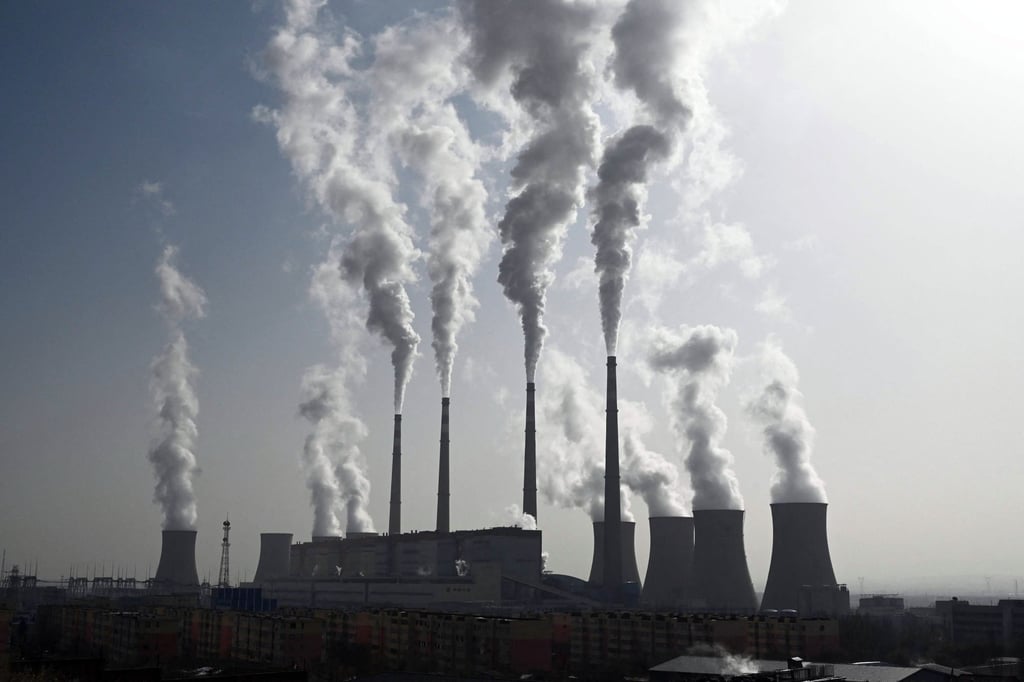Editorial | China, US must build on climate pledges
- Both countries may have recommitted to the fight against global warming, but there is a long way to go yet

Climate change is the biggest challenge of the 21st century, including the risk of conflict and humanitarian crises. Cooperation between China and the United States to combat global warming is paramount.
After all, if the world’s two biggest economies cannot work together on climate change, what can they cooperate on?
That question loomed ahead of the recent summit between presidents Xi Jinping and Joe Biden on the sidelines of the Apec leaders’ meeting in San Francisco. It was, thankfully, pre-empted by an eleventh-hour agreement between their climate envoys, Xie Zhenhua and John Kerry.
As a result, the two sides will relaunch a working group on climate cooperation that lapsed with the serious deterioration in bilateral ties earlier this year.

The accord, after four days of talks, rekindled hopes that the rival superpowers could still work together to tackle global challenges. To the relief of climate activists and scientists, it came two weeks ahead of the next United Nations climate summit – Cop 28 or Conference of the Parties – beginning in Dubai on November 30.
